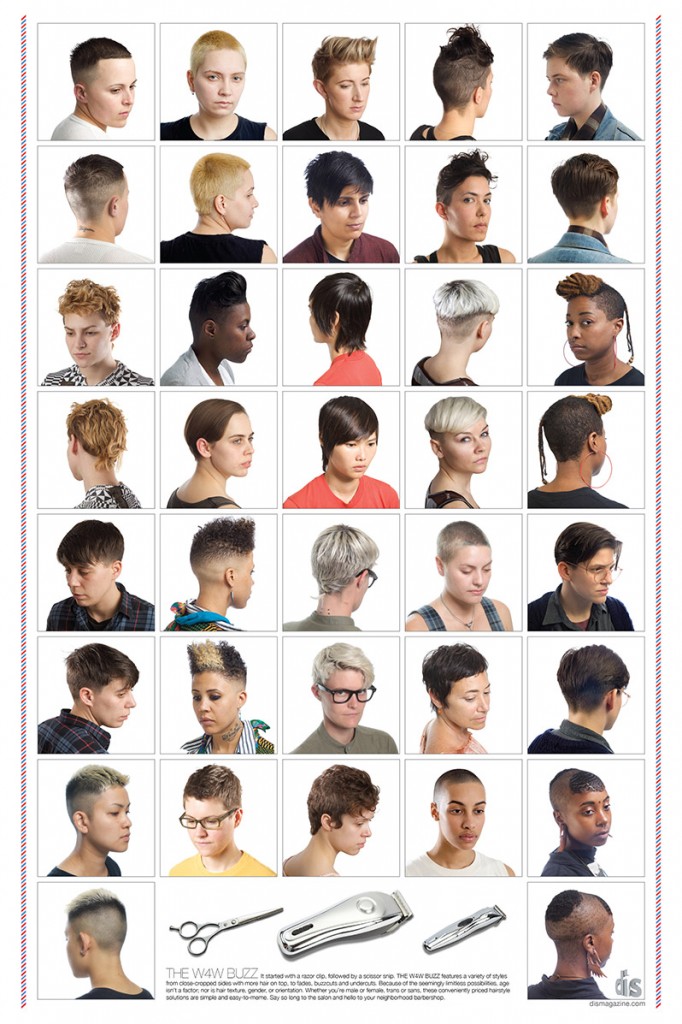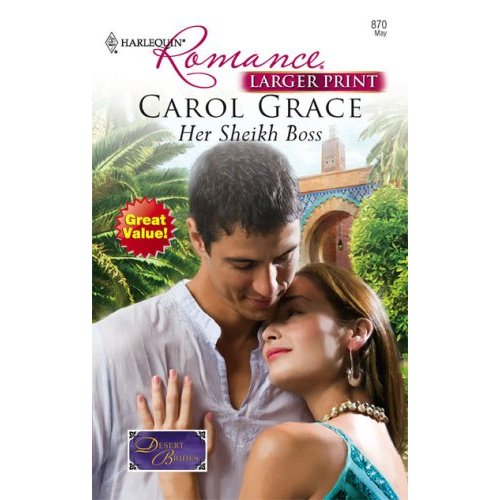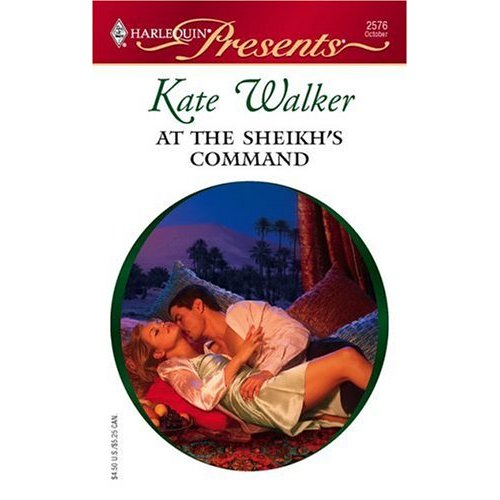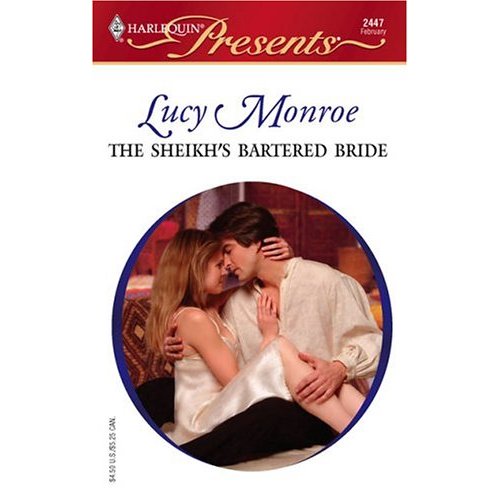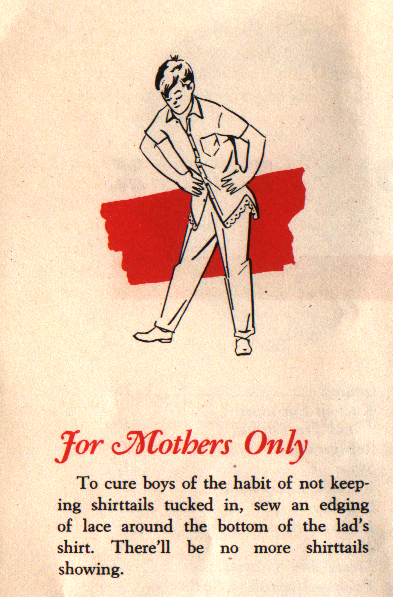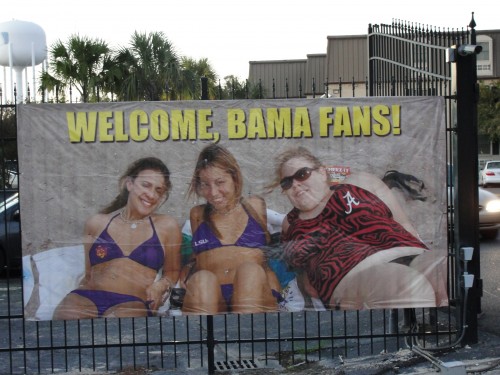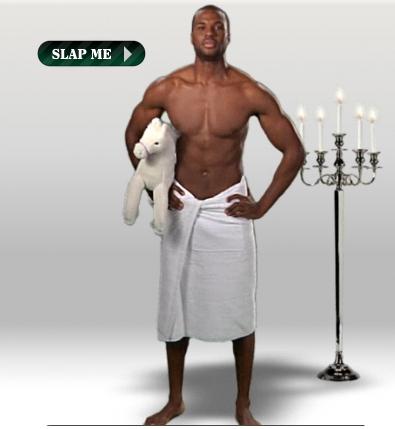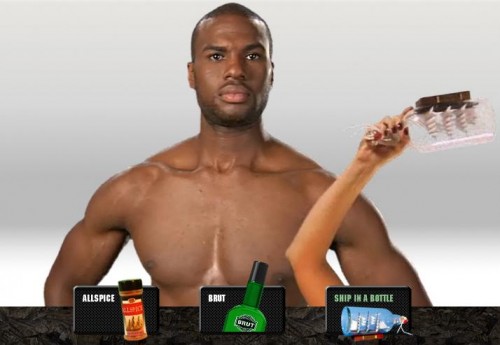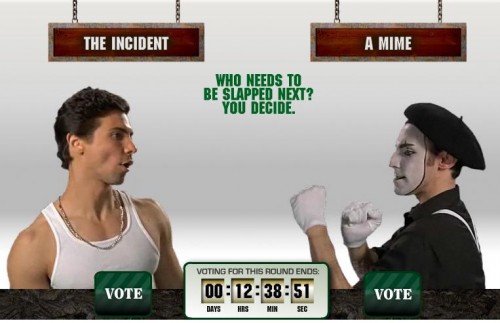Cross-posted at Jezebel.
In an effort to disrupt the dominant images about what women’s hair should look like, Lauren Boyle and Marco Roso created an alternative aspirational beauty salon poster that offers women a set of hairstyles usually associated with lesbians. The collection of these creative and varied haircuts bring into stark relief the hyperfeminized options most women encounter at the salon.
At DIS magazine; thanks to Marco for the submission.
Lisa Wade, PhD is an Associate Professor at Tulane University. She is the author of American Hookup, a book about college sexual culture; a textbook about gender; and a forthcoming introductory text: Terrible Magnificent Sociology. You can follow her on Twitter and Instagram.

